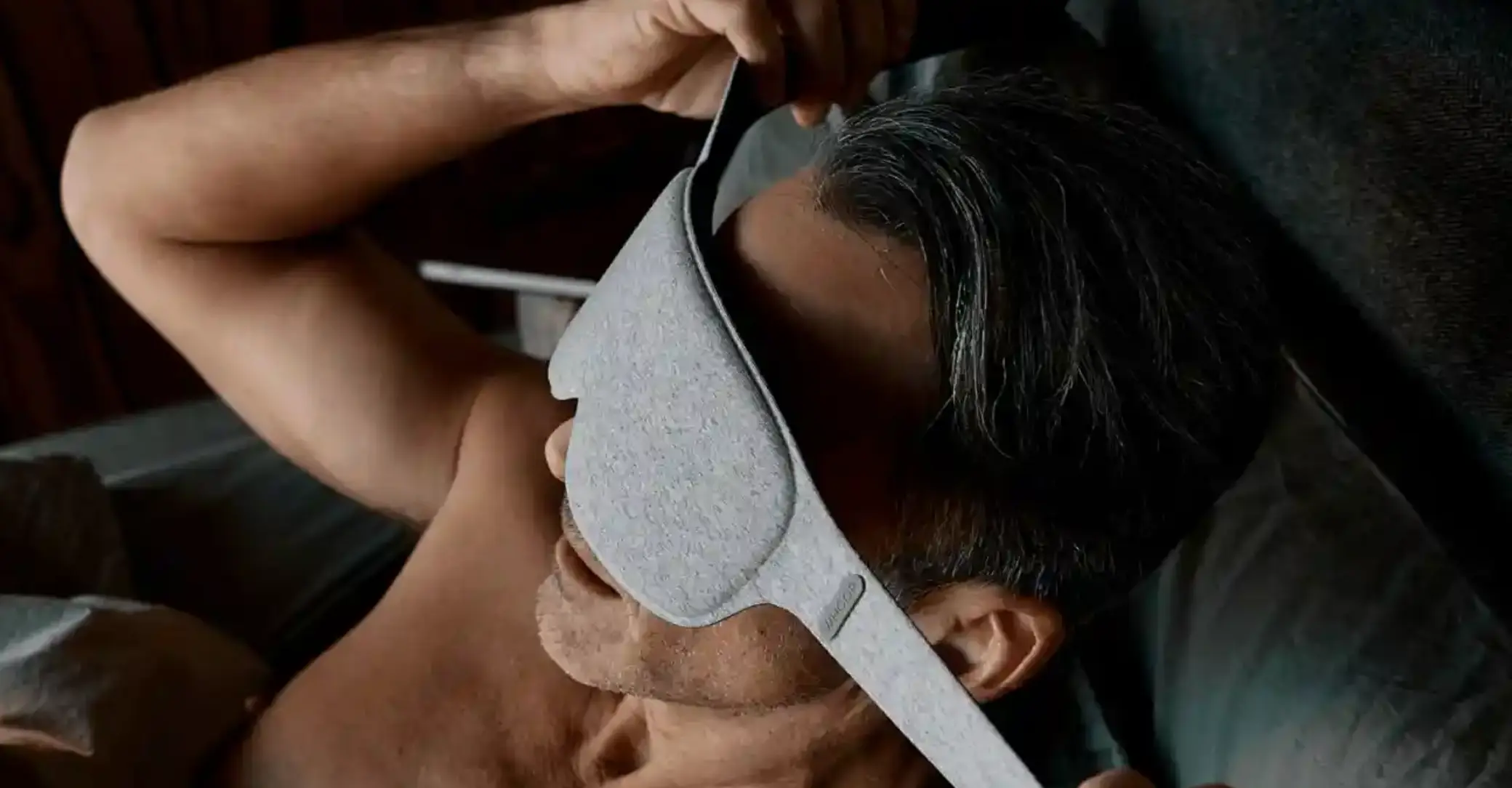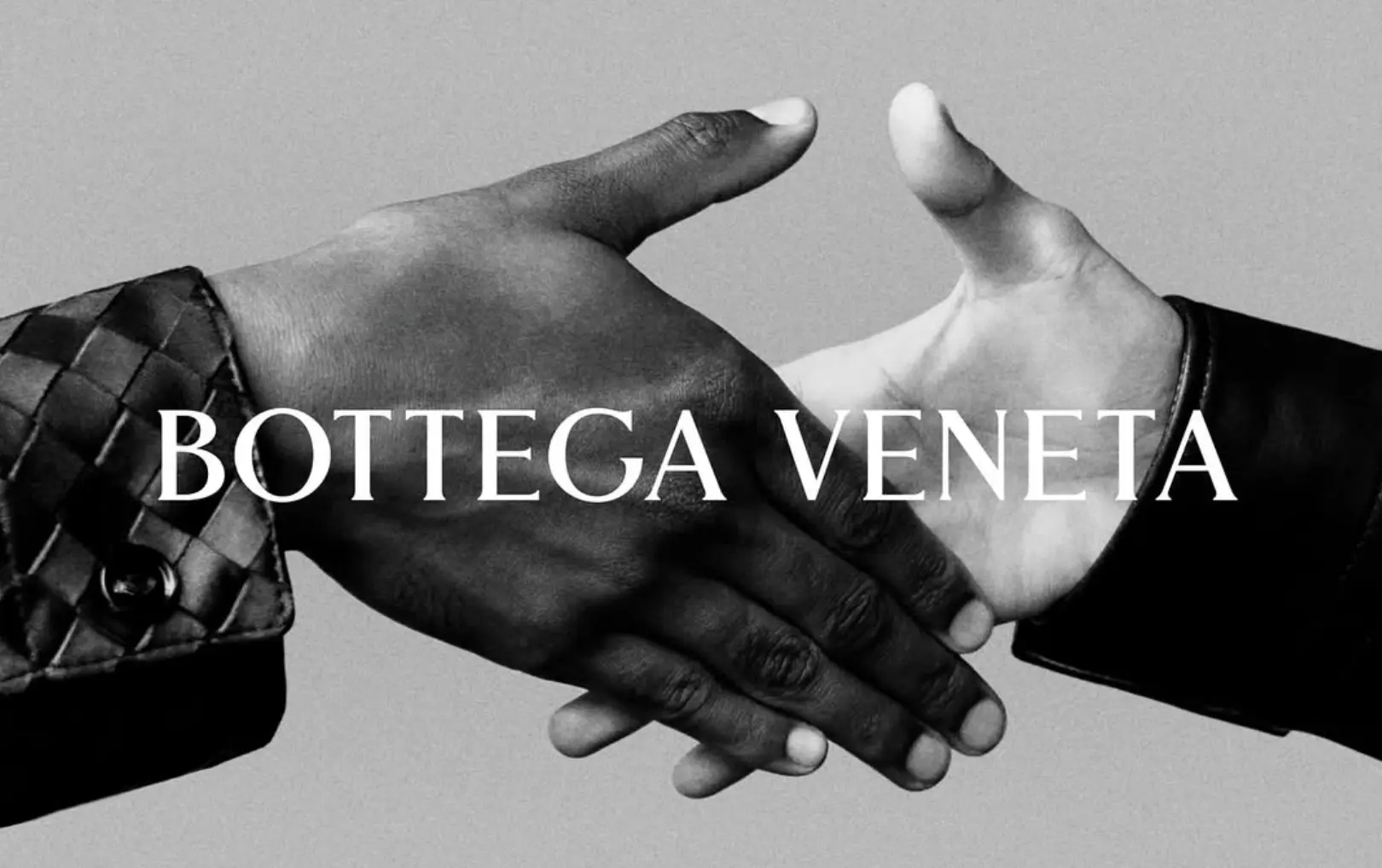Starting a Business: Is a Franchise or Independent Venture Right for You?
Updated on
Published on

The idea of starting a business often comes with a fair bit of excitement, and maybe a little hesitation. It's natural—just picture that moment: a shiny new sign above the entrance, curious neighbors peeking in, a handful of supporters already dreaming about what's on the shelves. Yet, before getting anywhere near a grand opening, there's a big question that needs asking. Should it be a franchise or an independent business?
- This initial phase sets the stage for a critical decision between two distinct business paths.
- Understanding this choice early helps shape the future brand identity and direction.
This isn't some minor detail, really. It's a major crossroads that can define the entire character of a venture. Both options carry appealing perks and tricky pitfalls. There's the comforting structure of a big, recognized brand on one side, and the exhilarating freedom of a stand-alone enterprise on the other. Each path can be downright thrilling or a total headache, depending on who's walking it.
- The franchise option promises structure and support, while independence offers creative control.
- Each route involves trade-offs that influence long-term satisfaction and success.
Below is a detailed look at the differences between opting into a franchise and forging an independent path. It's not about labeling one approach as "better" than the other. It's about understanding what each style offers and figuring out which might be the right match.
The Pull of the Franchise Model
Choosing a franchise arrangement can feel like stepping onto a well-lit stage where everything is set: costumes, script, even the background music. The franchise brand has done the heavy lifting, building a presence that often resonates with consumers from the start. But that's just one piece of the puzzle.
- Franchising provides a ready-made framework, easing early branding and marketing challenges.
- Still, it’s vital to understand all the trade-offs before signing on.

Borrowing Brand Power
Franchises usually come with built-in brand recognition. Think about walking into a coffee shop that already has a familiar logo and a menu everyone knows. It's like kicking off a race well past the starting line. Customers might trust it more quickly, since they already have some idea what they're getting. This can mean fewer early hurdles and a shorter path to steady traffic. That said, relying heavily on someone else’s brand means there's little room for tinkering with the concept. The guardrails are firmly in place.
- Brand familiarity reduces initial marketing struggles and may attract immediate customer trust.
- Strict brand guidelines limit creative autonomy, making it harder to personalize the business.
Established Systems and Training
Another enticing aspect of franchises lies in the support structure. A franchise often provides training, standardized processes, and ongoing guidance. Think of it as having a playbook and a coach who cares about the game’s outcome. The systems are usually tested and proven, meaning fewer growing pains. Even so, all these steps, while helpful, come with less wiggle room for personal flair.
- Franchises offer a tried-and-true roadmap for operations, reducing rookie mistakes.
- Relying on pre-made systems can stifle creativity and unique decision-making.
Ongoing Fees and Limited Autonomy
The franchise path isn't just about brand strength and support. It also involves ongoing franchise fees, royalties, and strict adherence to established protocols. These requirements can feel stifling if there's a strong urge to try out new products or tweak the décor. In other words, the franchise owner doesn't exactly sail a ship freely. It's more like steering a boat down a pre-marked channel. There’s safety and security there, but not always much creative satisfaction.
- Ongoing fees and royalties reduce profit margins and must be factored into budgeting.
- Limited freedom can frustrate entrepreneurs who value experimentation and innovation.
The Appeal of Going Independent
On the other side of this entrepreneurial coin is the independent route, an option that can feel like setting out on open waters without a preset map. It's a blank canvas for anyone feeling inspired, ambitious, and maybe even a bit rebellious. It's not a path for the faint of heart, but for many, its freedom is priceless.
- Independence allows total creative expression, shaping a business from scratch.
- There’s no built-in safety net, so success depends on personal ingenuity and adaptability.

Creative Freedom and Identity
An independent business offers nearly unlimited space to shape something unique. Choosing the name, the menu, the product line, even the paint color on the walls, it's all open to interpretation. The entire brand can reflect a personal vision, setting a vibe that stands out. This freedom often leads to innovation, originality, and a more personal connection with customers. Yet, full autonomy also means no safety net if early choices don’t click.
- Owners can craft a distinctive brand identity that sets them apart.
- Without guidelines, poor decisions early on can be harder to correct.
Financial Flexibility and Control
Without franchise fees or royalties, independent owners keep more of the profits. There are no mandatory monthly dues going to a corporate office. Still, there's no widespread marketing machine working behind the scenes, so every advertising plan and strategy comes from scratch. Independent businesses may find themselves spending extra effort and money building a customer base, but at least each decision—good or not so good—is theirs to make.
- Independence eliminates franchise fees, potentially increasing long-term earnings.
- More financial responsibility falls on the owner, who must self-fund marketing and growth.
Resourcefulness and Community Building
Independents can build authentic relationships with local communities. They can pick charities to support, collaborate with neighboring shops, or quickly respond to customer feedback. This nimbleness can create a loyal customer base that appreciates a business that genuinely feels part of their world. The flip side: without a known brand’s aura, trust must be earned from day one, and that takes time and patience.
- Strong community ties and personal storytelling help foster loyal customers.
- Establishing trust from scratch demands persistence, patience, and consistency.

Weighing Your Own Priorities
Finding your own priorities is hard, the decision is personal and influenced by what really matters to the aspiring owner. Some might prioritize structure and guidance, while others crave the excitement of blazing an original trail.
- Each entrepreneur’s personality and comfort level affect the best path forward.
- Understanding personal priorities can clarify whether structure or freedom is more appealing.
Personal Experience and Comfort Level
Those who feel more at ease working from established guidelines might lean toward a franchise. Maybe there's comfort in known recipes, tried and true marketing strategies, and comprehensive manuals. Others, who feel confident making calls as they go along, could find that independence suits their temperament. A choice might hinge on whether following a proven script sounds smart or suffocating.
- Structured thinkers may thrive in the franchise model.
- Independent spirits who enjoy problem-solving may prefer going solo.
Financial Goals and Growth Plans
The financial angle is tricky. A franchise can mean paying regular fees to maintain brand affiliation, but it might also lead to quicker revenue because of brand familiarity. Independents keep all their earnings, yet must scratch and claw a bit more to gain traction.
- Franchises might deliver faster returns due to brand recognition.
- Independents retain all profits but may face slower initial growth.
Current Market Climate and Industry Trends
No business exists in a vacuum. Looking at what's happening in the broader industry can offer perspective. Maybe certain sectors lean more toward franchising, while others thrive on innovation and individuality. Observing what's popular can help fine-tune the decision.
- Market trends and consumer preferences may favor certain models.
- Awareness of industry climate can guide a more informed, timely choice.
Changes in Consumer Expectations
As consumer tastes move along, shoppers often look beyond just a product and consider the story behind it. Some prefer tried and true brands they recognize, while others actively seek unique, independent spots that promise something different. Are there trends that point more customers toward established franchises, or is there a growing appetite for the personal charm of a homegrown business?
- Consumer desires fluctuate, with some valuing comfort and others craving originality.
- Observing evolving tastes helps predict which approach might resonate more.

The Digital Landscape: Online Marketing and E-Commerce
Online marketing and e-commerce have opened the door for more creativity and direct communication. Independent businesses can build a distinct online presence, telling their stories through social media, blogs, and local influencer collaborations. Franchises also have online support, but the messaging may be more controlled. The digital age can either be an equalizer or a magnifier of brand power, depending on how it's used. Seeing how online presence shapes customer relationships might influence the final direction.
- Digital channels empower independents to showcase their unique stories directly.
- Franchises benefit from established online strategies but have less control over brand messaging.
Making the Decision That Feels Right
This decision is rarely black and white. Plenty of successful businesses exist on both sides of the franchise-versus-independent divide. It's about what resonates more with the entrepreneur’s personality, financial target, and desired way of running a company. The franchise route provides a structured environment with a recognized name, smoother onboarding, and fewer early mistakes, but less room for creative experiments. The independent road demands more planning, hustle, and originality, but promises fuller control and an unfiltered voice. Maybe it helps to talk with people who’ve already gone down one path or the other. Read case studies, check out interviews, and reflect on whether the thought of following a franchise playbook feels comforting or constraining. Being honest about personal preferences might be the best tool for cutting through the haze.
- Both paths can lead to success; it’s about alignment with personal goals and style.
- Seeking advice and learning from others’ experiences can provide clarity.
When everything’s been considered—brand recognition, stability, costs, creativity, control, time investment, industry direction—the path chosen will shape how the business looks, sounds, and thrives. Whether it’s a global brand’s bright sign shining over the door or a unique logo from an independent mind, there’s no single “correct” choice. Each approach offers a distinct experience, and only by sizing them up and thinking carefully can an entrepreneur find the right fit.
- A thorough evaluation of every factor ensures a deliberate, confident decision.
- No universal answer exists; the perfect path depends on individual vision and ambition.
Where Do You Stand?
No crystal ball can perfectly predict success. Yet, the choice between a franchise and an independent business sets the stage for what comes next. Understanding what each path demands and promises will help guide the decision. After all, forging ahead without some idea of the road would feel a bit reckless. With eyes open, a clear sense of personal values, and a realistic view of what it takes to turn plans into action, making a confident choice becomes possible. It’s not just about picking a direction; it’s about picking the right direction.







